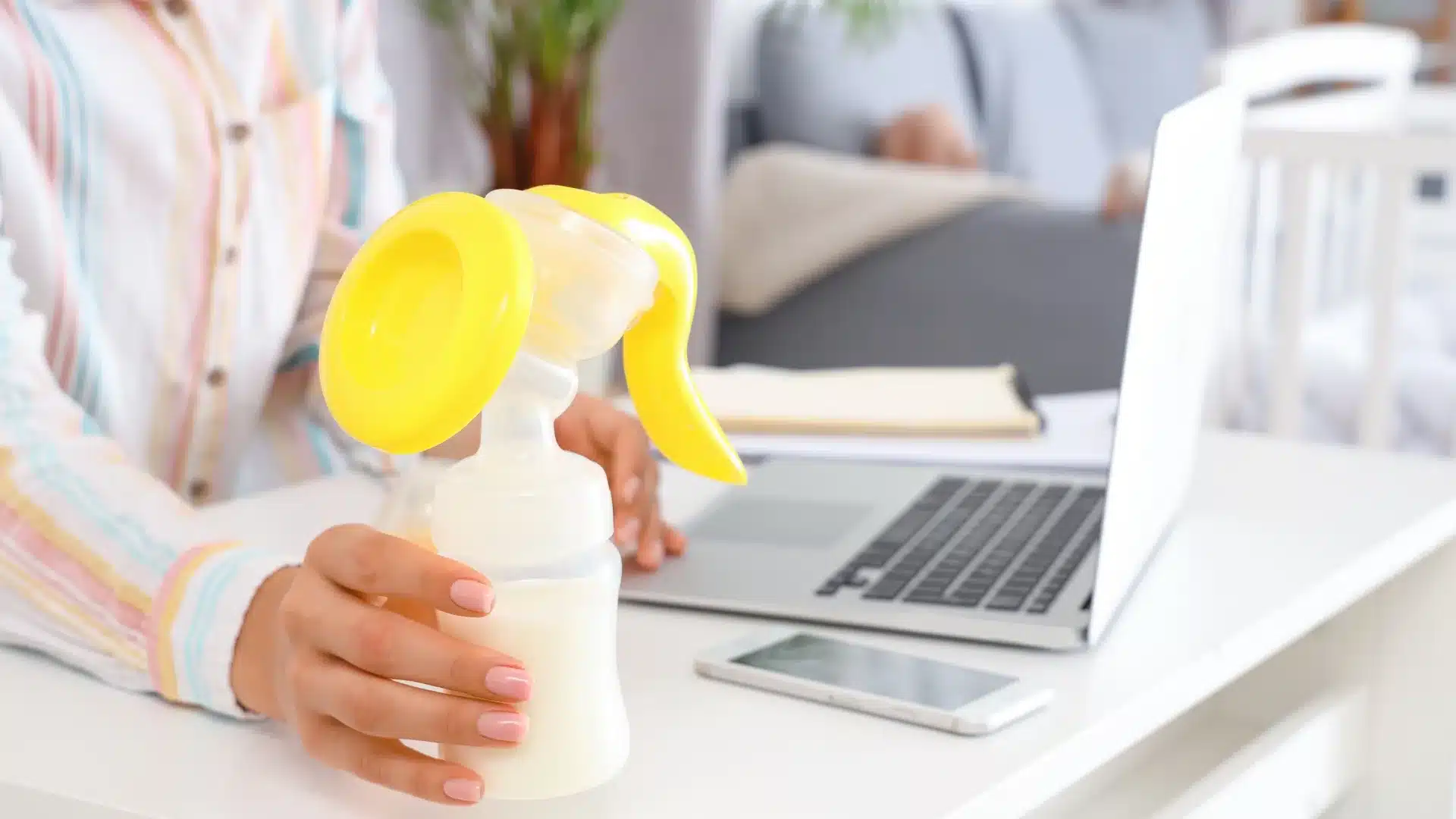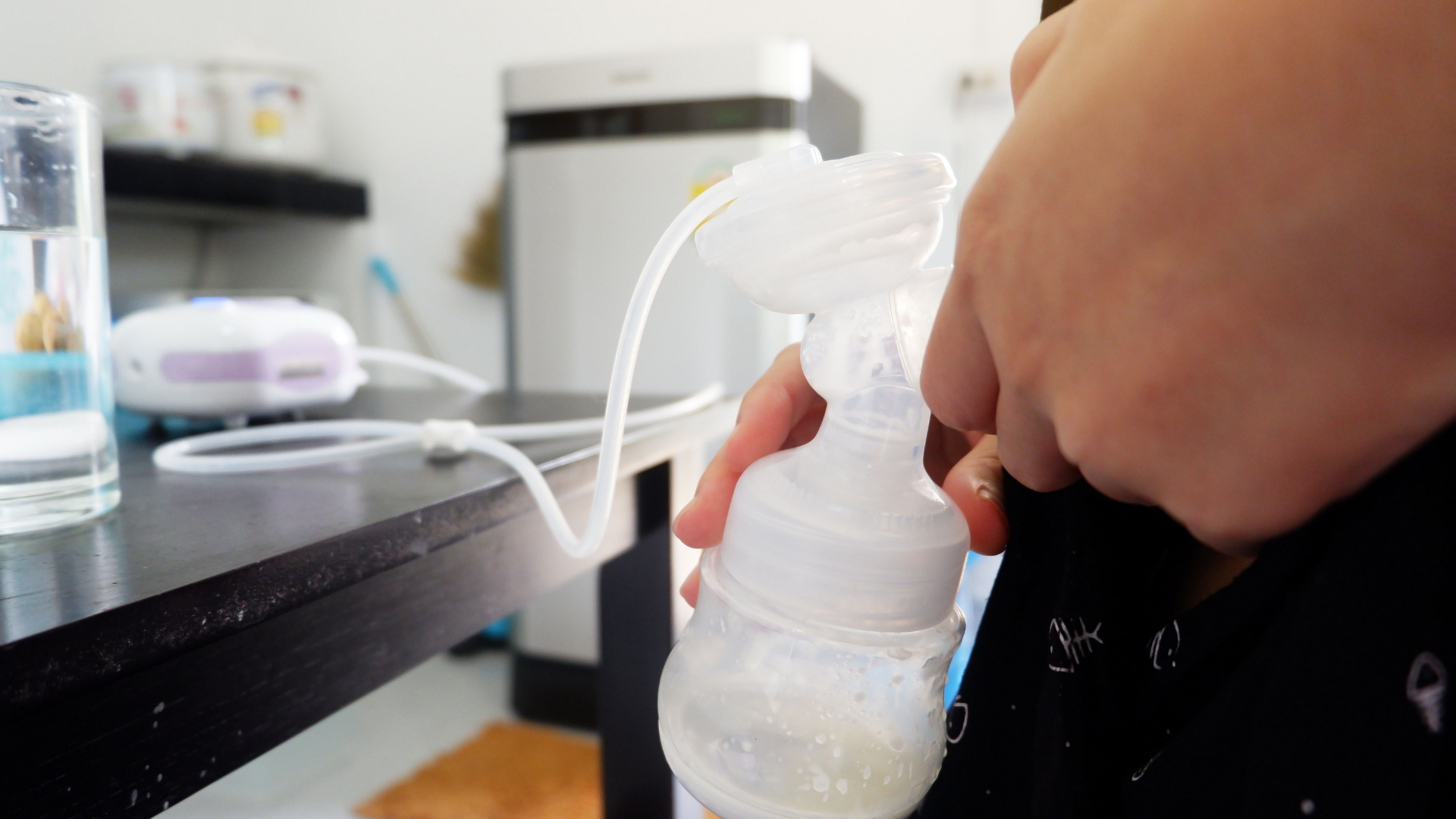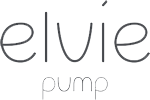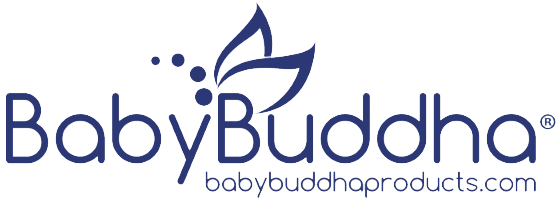Breast Pumping Laws and Rights in Ohio

To all the working moms in Ohio, we see you. Balancing the demands of your job with the need to nourish your baby can be overwhelming. You might be wondering, Will I get time to pump? Will my workplace support me? Am I even allowed to ask for it?
Here’s the truth: you are protected by law, and you’re not asking for anything extra. In fact, globally, exclusive breastfeeding rates in the first six months have risen by 10 percentage points over the last decade, reaching 48% in 2023, inching close to the World Health Assembly’s 50% target by 2025. That growth is fueled by better awareness, stronger laws, and moms like you standing up for what matters.
Whether you’re heading back to work after maternity leave or managing your first day with a breast pump in tow, this guide will walk you through your legal rights, your employer’s responsibilities, and helpful tips to make pumping at work just a little easier.
Key Takeaways
- Ohio moms are legally protected under the federal PUMP Act, ensuring time and space to express breast milk at work.
- Reasonable break time means pumping when your body needs it, not just when your schedule allows.
- Private space is required, not a bathroom, and it must be shielded from view and free from intrusion.
- You can ask without fear, employers cannot retaliate against you for asserting your rights.
- Free local resources like downloadable guides from Ohio’s WIC program can help you plan and advocate for your needs.
Understand Your Legal Right to Pump Breast Milk at Work in Ohio

You’re already balancing enough; returning to work while caring for your baby shouldn’t mean sacrificing your ability to breastfeed.
In Ohio, your right to take breaks to express breast milk at work is protected under federal law through the PUMP Act, part of the Fair Labor Standards Act (FLSA). This means that employers across the state are required to provide you with reasonable break time and a private space (not a bathroom) to pump.
While Ohio doesn’t have additional state-specific protections, the federal rules apply to most working moms, whether you’re full-time, part-time, hourly, or salaried. These laws ensure that you have the time, space, and support you need to continue feeding your baby while pursuing your career.
What Employers in Ohio Must Provide
Every pumping mom deserves a safe, clean space to express milk with dignity, not a supply closet or the bathroom. Under the PUMP Act, here’s what your employer must provide:
A Private Space (Not a Bathroom)
- Must be shielded from view and free from intrusion.
- Must be functional for pumping, such as having an electrical outlet, seating, and a flat surface for the pump.
- It can be a multi-use space, as long as it’s made available when you need it.
Important Note: If you’re a salaried or exempt employee, the PUMP Act now includes you, too.
Understanding Your Pumping Breaks at Work in Ohio
Your body follows your baby’s rhythm, not a timecard. The law makes room for that, so you don’t have to feel torn between feeding your child and meeting work expectations.
How Often Can You Pump at Work?
Under the PUMP for Nursing Mothers Act, “reasonable” means the amount of time you actually need to express milk, not what fits neatly into a pre-set break schedule. That might mean 2–3 pumping sessions across an 8-hour shift, or more, depending on your supply, your baby’s feeding pattern, and your personal needs.
Do You Need to Notify Your Employer in Advance?
You don’t have to fill out a form or make a formal request, but letting your employer know you’ll need time and space to pump can help make things easier. A simple conversation ahead of time can open the door to support and understanding. It also gives your employer time to prepare a clean, private space that works with your schedule.
Will You Be Paid for Pumping Breaks?
Here’s how the law breaks it down:
- If your pumping happens during a paid break, you must still be paid.
- If you need additional break time just for pumping, your employer isn’t required to pay you for that extra time, but they cannot dock your pay or penalize you for taking it.
For hourly workers, this may mean clocking out for the extra breaks, but you’re still protected from any retaliation. For salaried workers, your pay must stay the same.
What If Your Employer Doesn’t Comply?

If your employer doesn’t support your right to pump, you’re not alone, and you’re protected. This section guides you through how to start the conversation, what to say, and what to do if your request is denied or ignored.
1. Start with a Conversation
Sometimes, employers are simply unaware of their responsibilities. Start by approaching your HR team or supervisor with a calm, confident request. You don’t need to offer medical proof, the law is on your side.
Here’s an example of how you could say it:
“Hi, I’m currently breastfeeding and would like to discuss a private space and time to pump during the day, as allowed by federal law under the PUMP Act.”
2. If That Doesn’t Work
You can file a complaint with the U.S. Department of Labor’s Wage and Hour Division (WHD), either online or by phone. Employers who fail to provide break time or space may face penalties and legal consequences.
File a Complaint – DOL WHD
3. Ohio-Based Downloadable Guides to Support Your Pumping Needs at Work
If you’re managing pumping at work and need extra guidance, Ohio’s WIC (Women, Infants & Children) Program offers practical workplace support for breastfeeding mothers.
This guide can be a helpful tool to share with your HR team if your workplace isn’t already familiar with what support looks like.
Tips to Make Pumping at Work a Little Easier

Pumping at work doesn’t have to be complicated. But with a little planning and kindness toward yourself, it can feel a lot more manageable. These tips are here to help you protect your routine, your milk supply, and your peace of mind.
- Pack with Purpose: Keep your bag ready with pump parts, milk storage bags or bottles, cleaning wipes, a small towel, and even a change of top. Having everything prepped can make your mornings smoother and your workday pumping sessions less stressful.
- Create a Soothing Routine: Bringing something comforting, like a photo of your baby, a calming playlist, or your favorite warm drink, can help your let-down reflex and make the experience feel more like a pause than a chore.
- Use a Hands-Free Bra: A pumping bra frees your hands so you can catch up on emails, read, or simply take a breather. It’s a small upgrade that can make a big difference in your comfort and efficiency.
- Try to Stay Consistent: Pumping around the same times each day helps maintain your supply. Block your calendar if you can, so coworkers know that time is spoken for.
- Clean Smart, Not Hard Use quick-clean pump wipes during the day and save the deep wash for home. If you have access to a fridge, store used pump parts in a sealed bag between sessions to avoid having to wash after every use (CDC-approved method).
- Give Yourself Grace: Some days may feel harder than others, and that’s okay. You’re doing something powerful, nourishing your baby while managing work, and that deserves all the support, patience, and compassion you can give yourself.
Final Thoughts
Balancing breastfeeding and work isn’t always simple, but knowing your rights can make it feel a lot more manageable. In Ohio, you’re legally protected, you deserve time, space, and respect as you care for your baby and continue your career.
If anything feels confusing or overwhelming, you’re not alone. Reach out to your HR team, local support organizations like WIC Ohio, or a lactation consultant for guidance. Having the right information and a few supportive resources can make a big difference.
Most importantly, trust what works best for you and your baby. This is your journey, and every step you take to nourish your little one matters.
FAQs
1. Do I have the legal right to pump at work in Ohio?
Yes. Under the federal PUMP Act and Ohio’s breastfeeding laws, you have the right to take reasonable break time and access a private, non-bathroom space to express breast milk during the workday.
2. Does my employer have to pay me for pumping breaks?
If your pumping time overlaps with your paid break, then yes, you should be paid. If you take additional breaks beyond that, your employer isn’t required to compensate you, but they cannot penalize or retaliate against you for taking that time.
3. Is there a specific age limit for my baby to receive these protections?
Under the PUMP Act, protections apply for one year after your baby’s birth. However, many employers and state-level programs like Ohio WIC continue to support nursing moms beyond that time.
4. Can I be denied break time or space if I work part-time or remotely?
No. The law applies to full-time, part-time, and remote employees. Your employer is still required to provide time and a safe space for pumping that meets the law’s standards.
5. What if my workplace doesn’t have a lactation room?
Your employer must make a reasonable effort to provide a clean, private space that is not a bathroom. This could be a conference room, office, or other space that can be made private and is close to your work area.
6. Do I need to notify my employer in writing that I’m breastfeeding?
Not necessarily, but giving your employer advance notice helps them prepare a space and plan around your schedule. A simple conversation or written request is a good first step.
7. What should I do if my employer refuses to accommodate me?
Start by having a calm, clear conversation with HR. If that doesn’t help, you can file a complaint with the U.S. Department of Labor’s Wage and Hour Division (WHD). You’re also legally protected from retaliation.
8. Where can I find local support in Ohio for breastfeeding at work?
Resources like WIC Ohio offer free guides and local assistance for working moms. They can help you understand your rights and even provide educational materials for your employer.










